Focus areas for Collaboration
CERN has nine specific sustainability focus areas in which it would like to collaborate with you. You see them below, each with a summary description of already identified interests or priorities. This being said, if your project does not exactly match any of the descriptions but clearly addresses an environmental sustainability issue with a strong research or demonstration component, we would still like to talk to you.
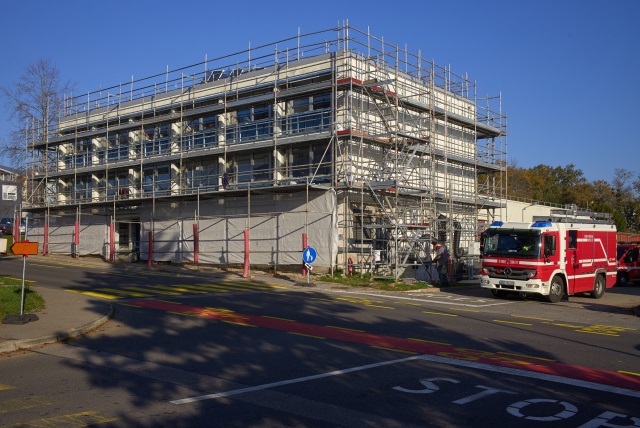 |
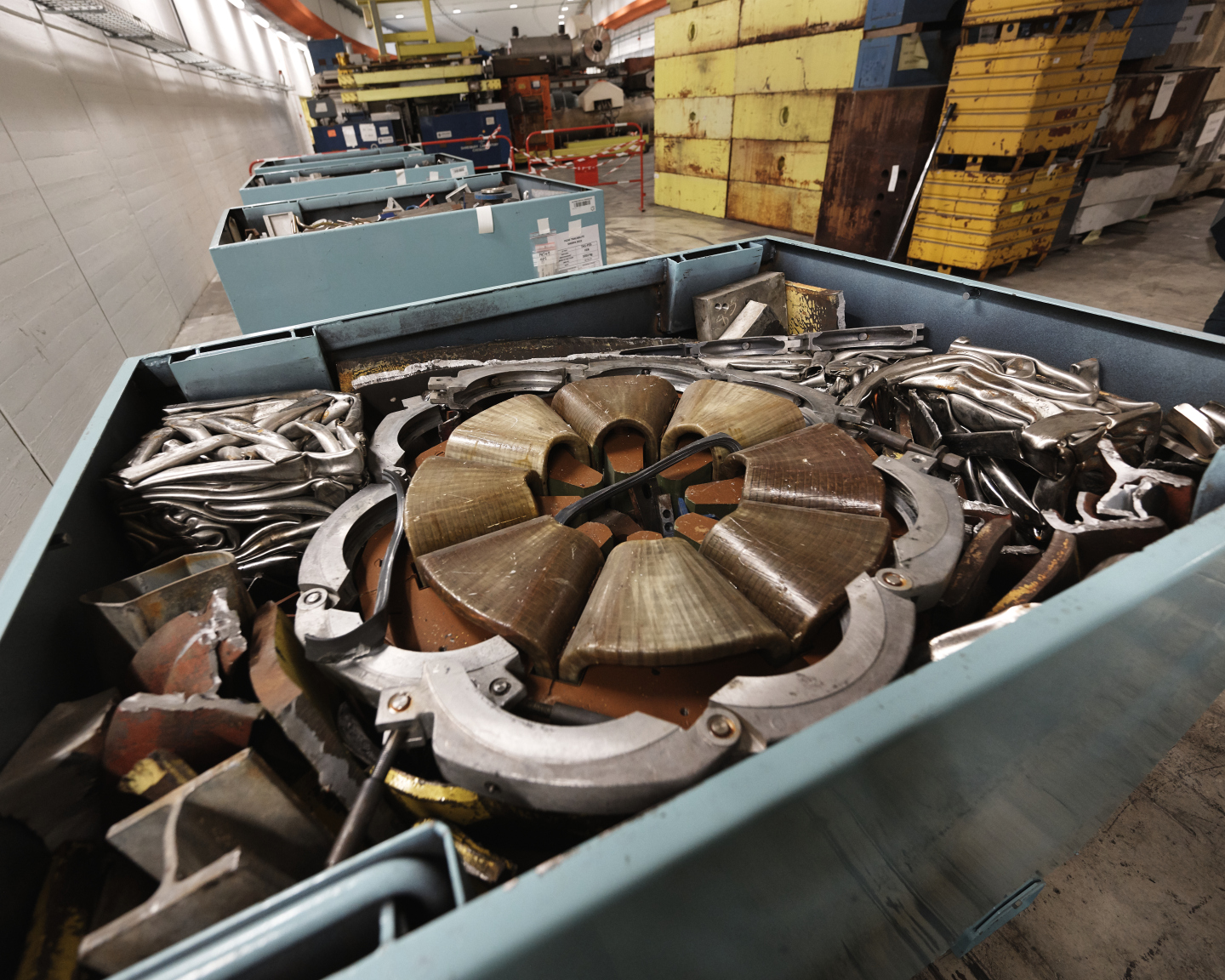 |
 |
| Sustainable Construction Methods: Promoting and implementing sustainable construction practices, utilizing environmentally friendly materials, and adopting energy-efficient designs to minimize the environmental impact of new and existing buildings. | Pollution and Waste Prevention: Identifying and implementing strategies to prevent pollution and waste generation, as well as promoting the efficient use of resources and the recycling or upcycling of waste materials. | Biodiversity Conservation: Implementing strategies to protect and enhance biodiversity, ensuring the preservation of natural habitats and the promotion of ecological balance. |
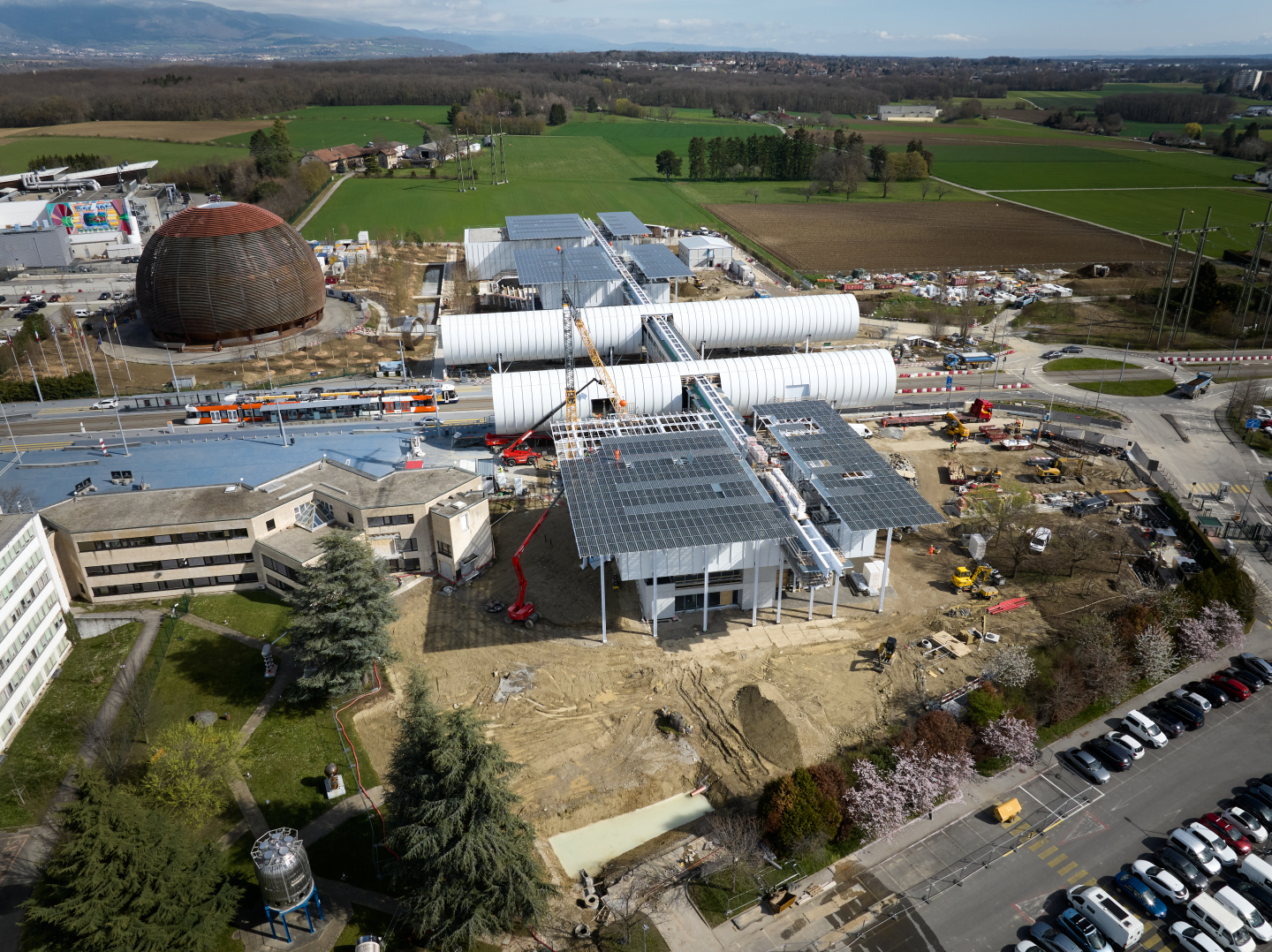 |
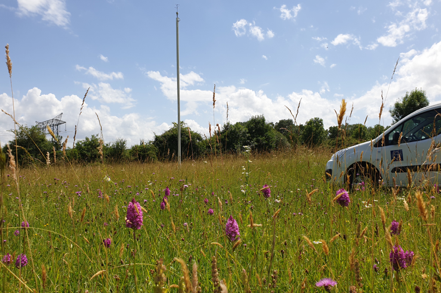 |
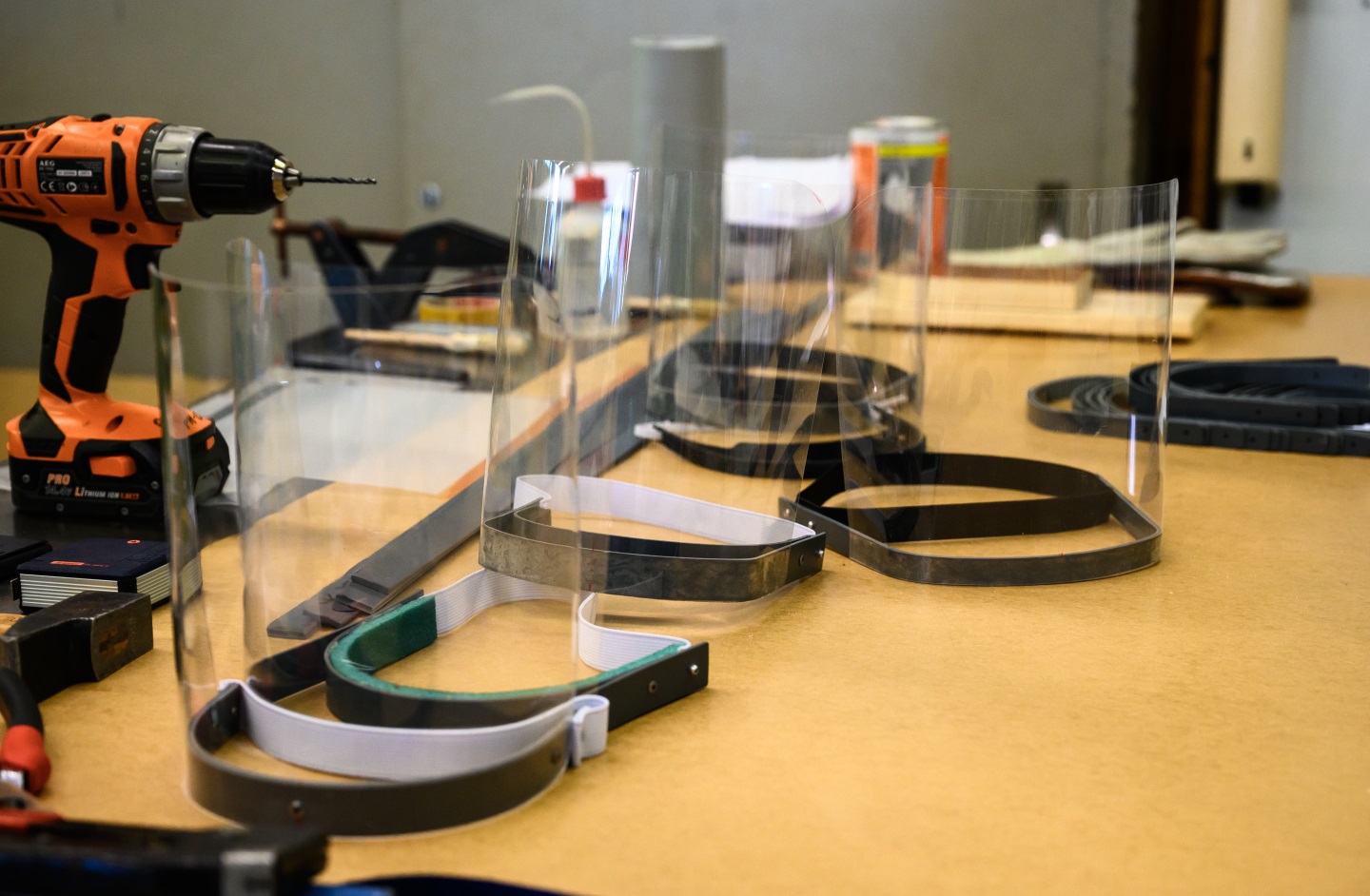 |
| Big Data Analysis for Carbon Footprint Reduction: Utilizing big data analysis techniques to identify areas for improvement an organisation's operations and develop targeted strategies for reducing its overall carbon footprint. | Environmental Monitoring: Employing advanced sensor technology and data analytics to monitor and assess the state of the environment, identifying trends and potential issues to guide effective and informed decision-making for sustainable management. Projects | Light and Noise Pollution Abatement: Developing and implementing innovative solutions to reduce light and noise pollution, contributing to a healthier environment for the campus community and surrounding areas. |
 |
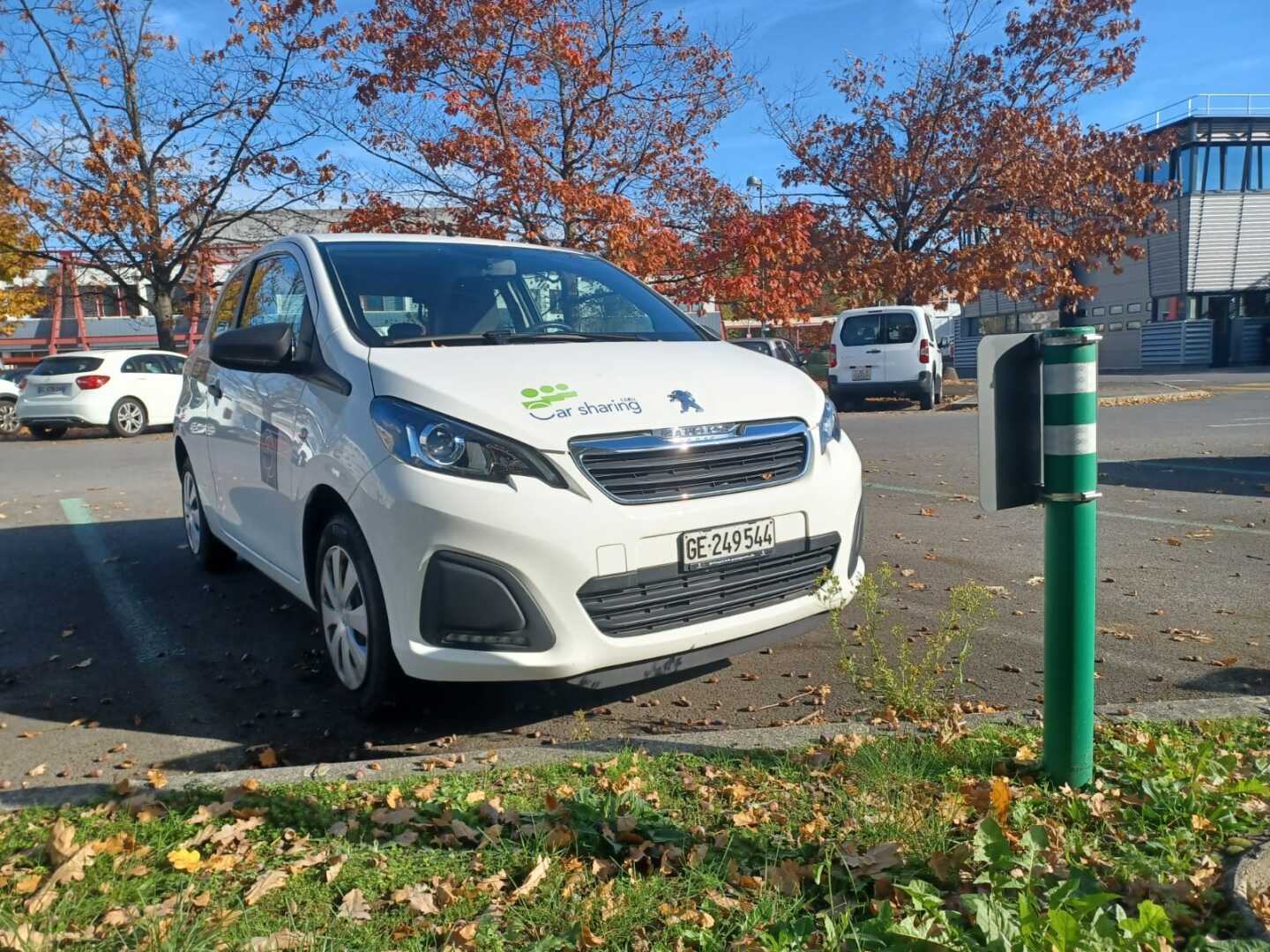 |
|
| Smart Energy: Developing innovative solutions for energy generation, storage, and distribution that minimize environmental impact, improve energy efficiency, and reduce greenhouse gas emissions. | Urban analytics: Leveraging data-driven insights to optimize space and land management, leading to more efficient use of resources, better facility management, and improved environmental performance. | Green mobility: Creating sustainable transportation solutions, such as electric vehicule infrastructure, shared mobility services, and improvements in public transportation access and utilization. |
Explore CERN's Green Village
